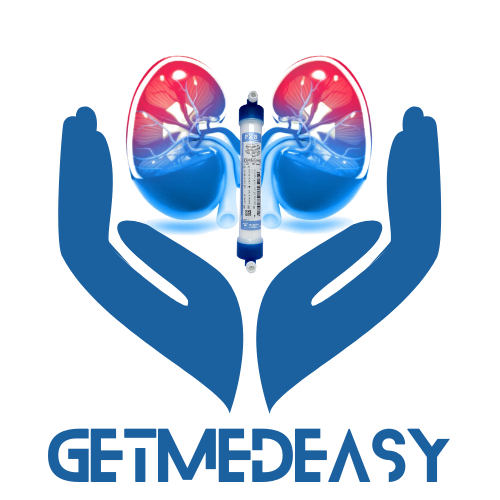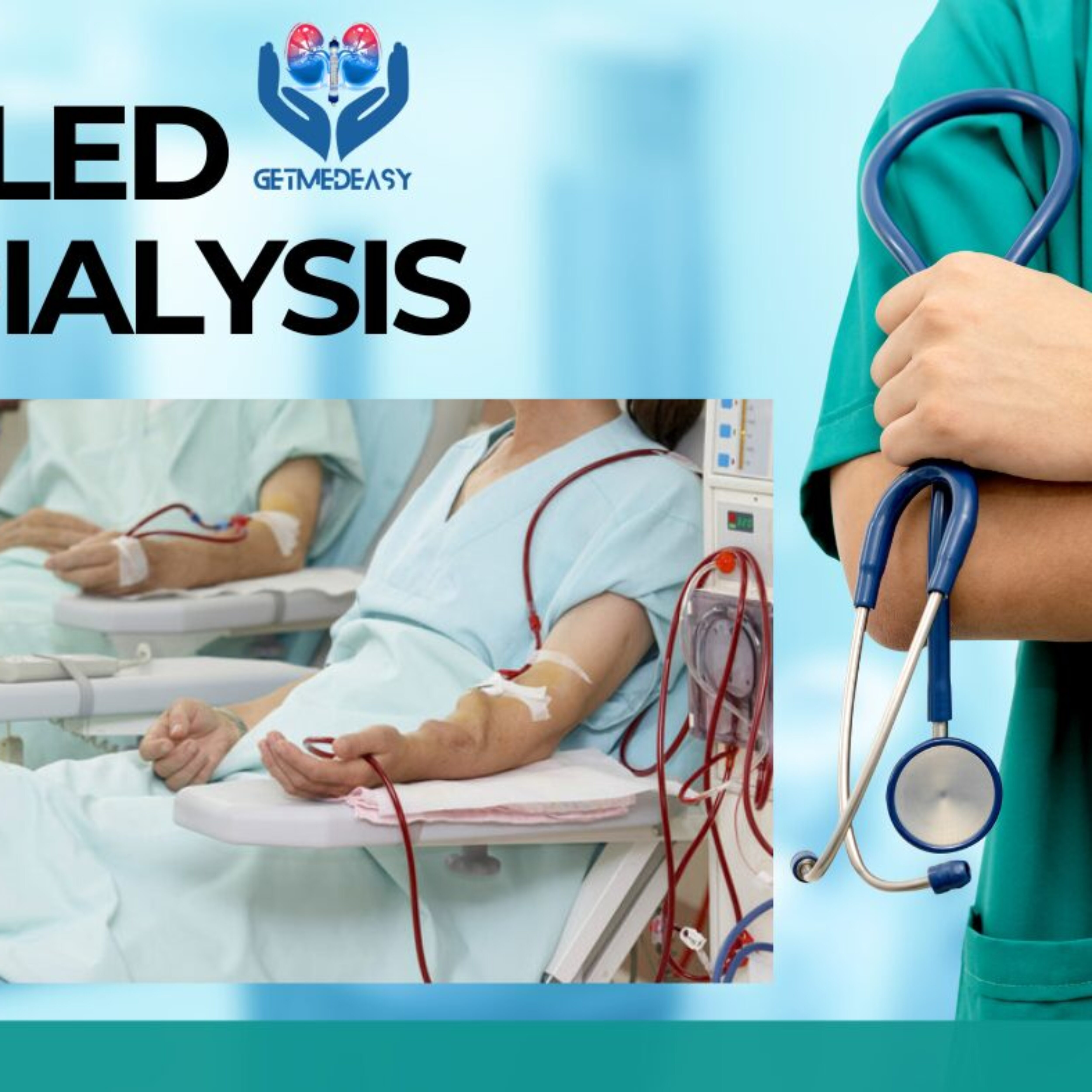Your kidneys play a vital role in maintaining your overall health by filtering waste, balancing fluids, and regulating blood pressure. However, kidney issues often develop silently and go unnoticed until they become severe.
You are gifted two kidneys by the grace of God but you cannot know if one is not working properly. Both the kidneys plays a vital role in your body.
Recognizing the early signs of kidney problems can make a significant difference in preventing long-term damage. In this blog, we’ll highlight five warning signs you should never ignore.
1. Persistent Fatigue and Weakness
One of the first signs of kidney problems is feeling unusually tired or weak. When your kidneys aren’t functioning properly, waste builds up in the blood. This can lead to fatigue, decreased energy levels, and difficulty concentrating. Anemia, a common complication of kidney disease, can also cause chronic tiredness.
Tip: If you feel constantly exhausted despite getting enough rest, it’s wise to consult a healthcare professional for a kidney function test.
2. Swelling in the Ankles, Feet, or Hands
Healthy kidneys remove excess fluid from the body. If they’re not working correctly, fluid retention can cause swelling — often noticeable in the ankles, feet, hands, or even around the eyes. This swelling, known as edema, can be an early indicator of kidney dysfunction.
Tip: Sudden or persistent swelling should never be ignored and warrants immediate medical attention.
3. Changes in Urination Patterns
Your urinary habits can reveal a lot about your kidney health. Be alert for the following changes:
- Increased or decreased urination
- Dark-colored, foamy, or bloody urine
- Pain or difficulty while urinating
- Frequent urges to urinate, especially at night
These symptoms can suggest that your kidneys are struggling to filter and expel waste effectively.
Tip: Keep track of any noticeable changes in your urination patterns and discuss them with your doctor.
4. Shortness of Breath
When kidney function declines, extra fluid can build up in the lungs, causing shortness of breath. Additionally, anemia resulting from kidney issues reduces oxygen levels in the blood, making it harder to breathe normally, even during mild activity.
Tip: If you’re experiencing unexplained shortness of breath, especially combined with fatigue or swelling, seek medical advice immediately.
5. Persistent Puffiness Around the Eyes
Puffiness around the eyes, particularly in the morning, could be an early sign that your kidneys are leaking protein into the urine. This protein leakage happens when the kidneys’ filtering units are damaged, and it’s often one of the first detectable signs of kidney disease.
Tip: Regularly noticing puffy eyes alongside other symptoms may indicate the need for a kidney health evaluation.
6. Persistent Itching and Dry Skin
When kidneys fail to remove waste, toxins build up in the blood, leading to:
- Severe itching
- Dry, flaky skin
- Rashes
Why it matters: Skin issues linked to kidney disease are often overlooked but can signal poor kidney function.
When to See a Doctor
If you experience any of these symptoms persistently, consult a healthcare provider. Early detection through blood tests (creatinine, GFR) and urine tests (albumin-to-creatinine ratio) can prevent further damage.
Why Early Detection Matters
Catching kidney problems early can:
- Slow disease progression
- Prevent the need for dialysis or transplant
- Improve overall health outcomes
Simple blood and urine tests can often detect kidney issues before they become severe. Staying aware of these early symptoms and seeking timely medical intervention is key to maintaining your kidney health.
Your body often sends subtle warnings when something isn’t right. Recognizing the early signs of kidney problems can protect you from serious health complications down the line. If you experience any of these symptoms, consult your healthcare provider without delay. Early detection saves lives — and kidneys




